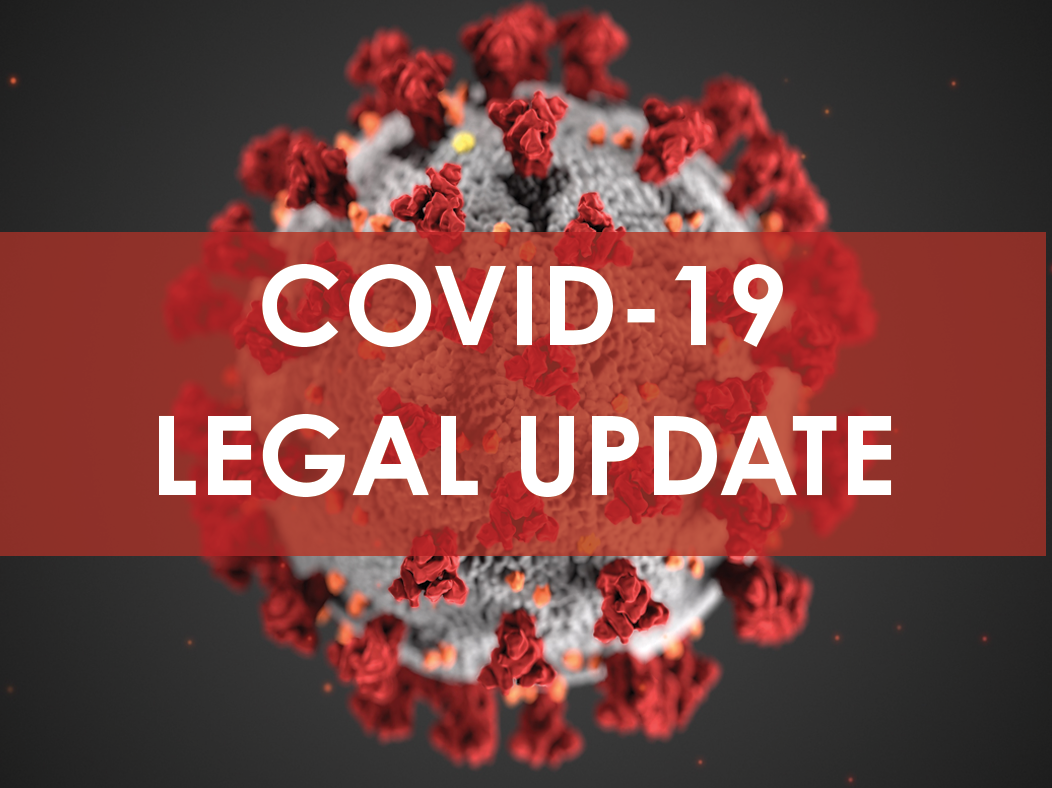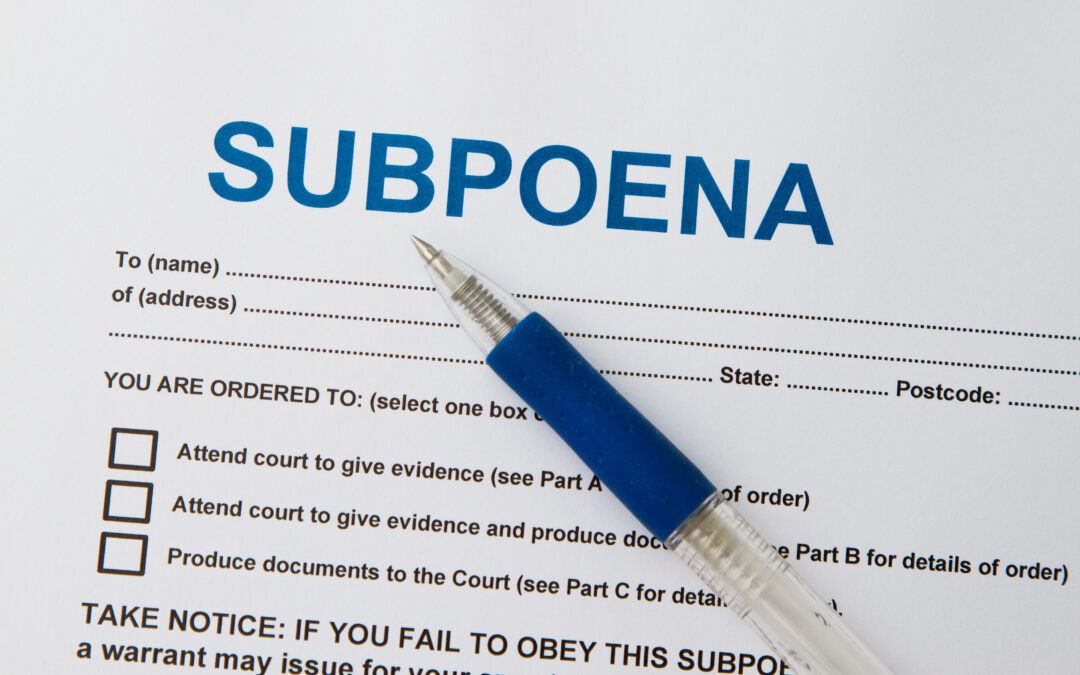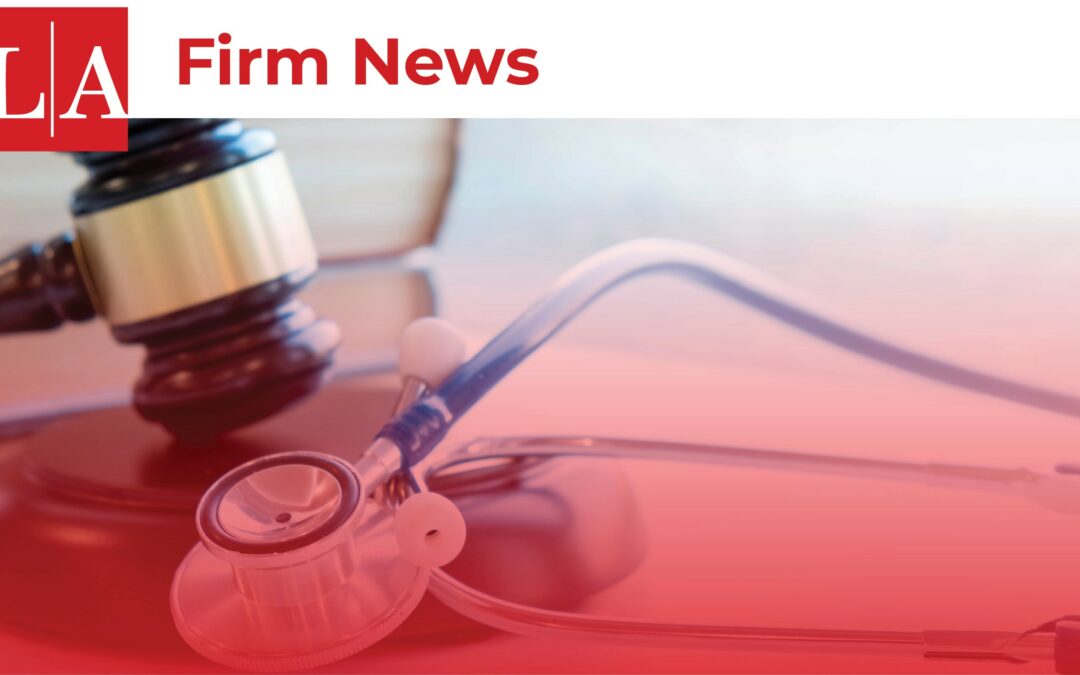On May 3, we alerted our clients to FAQ 31 and FAQ 37 issued by the Small Business Administration (“SBA”) which raised important questions regarding a borrower’s required good-faith certification in connection with their PPP loan application that “[c]urrent economic uncertainty makes this loan request necessary to support the ongoing operations of the Applicant.” We expressed our concern that the SBA had significantly expanded the criteria by which borrowers measure their good faith in making the necessity certification.
Today, the SBA has swung the pendulum back in the other direction by publishing FAQ 46 to announce that the SBA’s review of PPP loans with respect to the necessity certification is now subject to this “safe harbor”: “Any borrower that, together with its affiliates, received PPP loans with an original principal amount of less than $2 million will be deemed to have made the required certification concerning the necessity of the loan request in good faith.” (Emphasis added).
The SBA gave three reasons for this safe harbor: (1) borrowers with loans below $2 million are less likely to have had access to adequate sources of liquidity, (2) the safe harbor will promote economic certainty, and (3) this approach will allow the SBA to focus its audits on larger loans “where the compliance effort may yield higher returns.”
This is good news for many borrowers concerned that FAQs 31 and 37 raised the bar with respect to the need to justify their original necessity certification. Now, borrowers of less than $2 million can know that the SBA will not be asking: “Did you really believe you really needed that PPP loan?” Of course, the terms and conditions with respect to the loan amounts requested and the use of the PPP loan funds still apply, but borrowers may take comfort that the safe harbor protects them against SBA scrutiny of their necessity certification.
For borrowers with loans greater than $2 million, there was also some welcomed news: The SBA stated that those borrowers “may still have an adequate basis for making the required good-faith certification, based on their individual circumstances in light of the language of the certification and SBA guidance.” Additionally, the SBA advised that if it determines a borrower lacked an adequate basis for the necessity certification, the SBA will require repayment of the PPP loan and will inform the lender that the loan is not eligible for forgiveness. If the borrower repays the loan after receiving notification from the SBA, the SBA advised it “will not pursue administrative enforcement or referrals to other agencies based on its determination with respect to the certification concerning necessity of the loan request.”
Albeit at the eleventh hour, the SBA guidance today provides much needed clarity for PPP loan borrowers.
The COVID-19 pandemic and response is an evolving situation. All levels of government are engaged in the process of preparing new legislation, regulations and orders both to stem the spread of the virus and to provide relief to employers and employees. We will continue to monitor the situation and provide updates as applicable, especially as such updates affect healthcare providers and their practices.
For more updates on this topic and other legal updates related to the COVID-19 pandemic, please visit our COVID-19 Legal Resource Page by clicking here.


